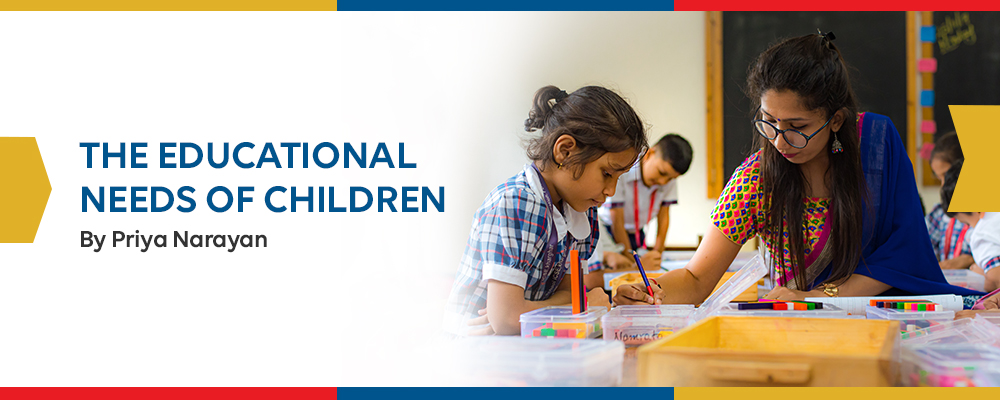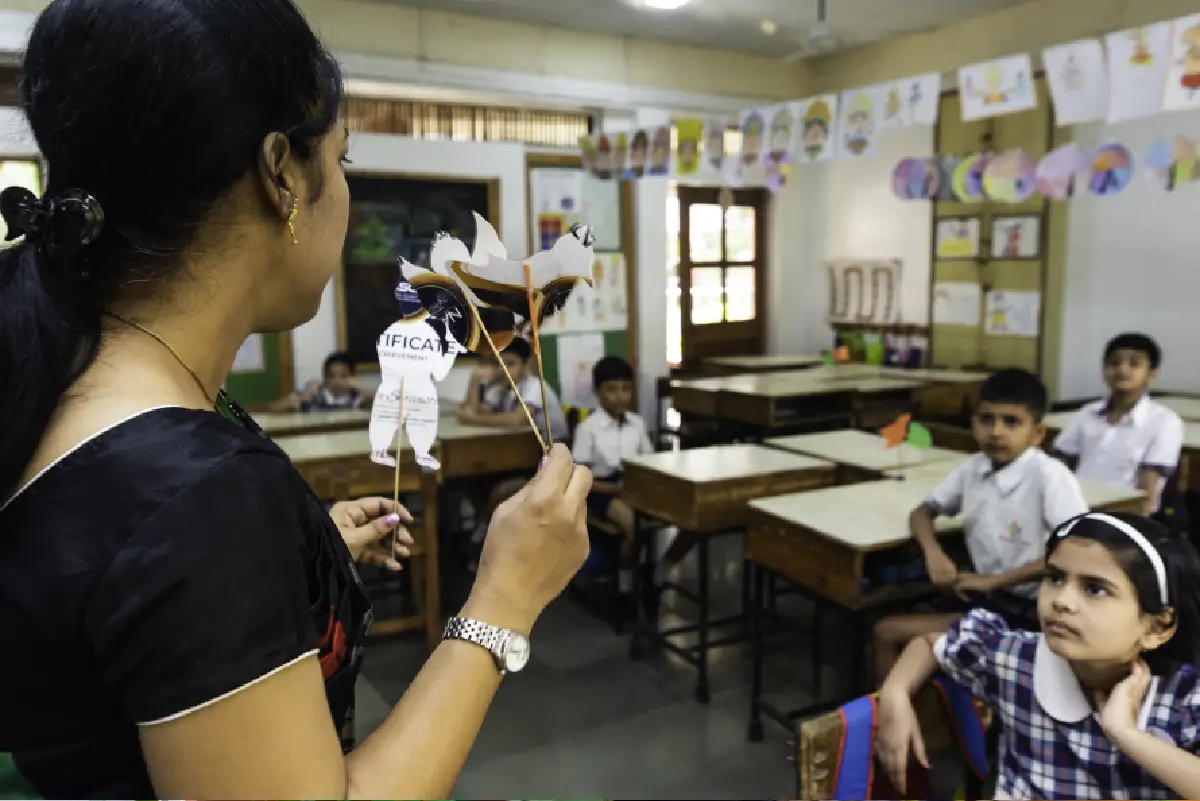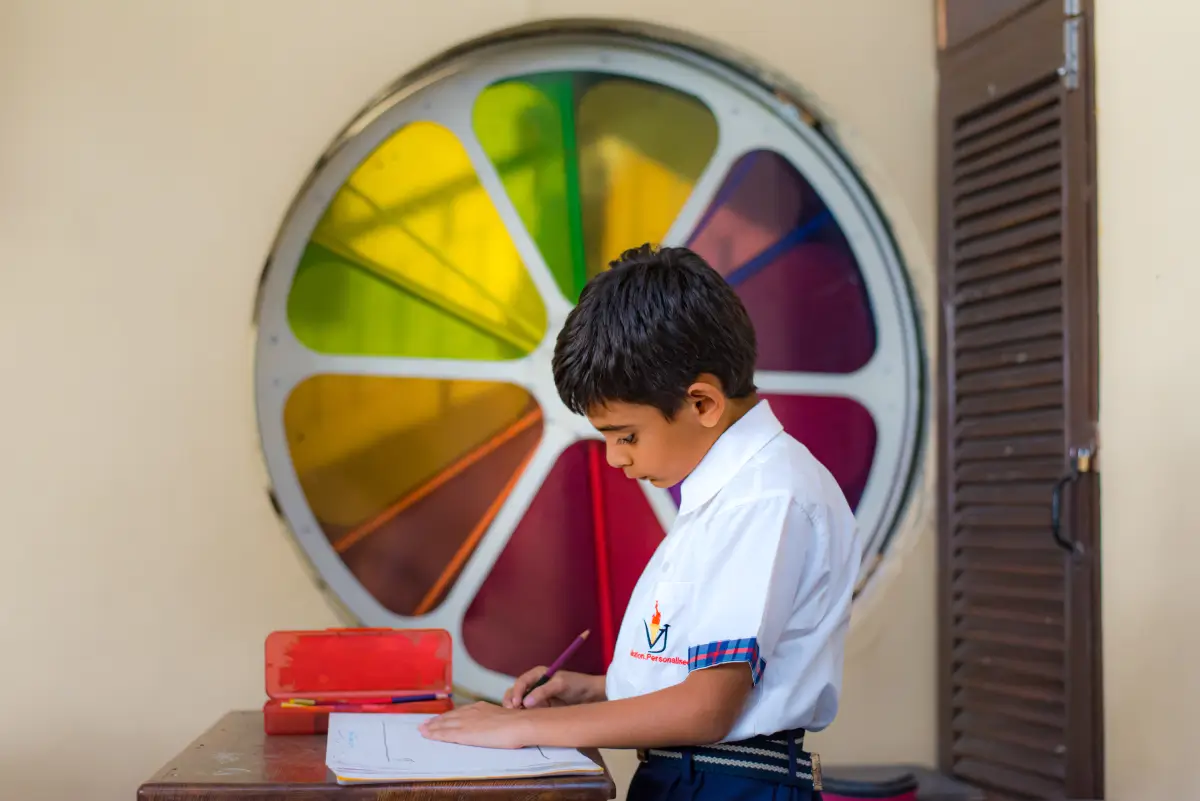According to UNICEF, education is a basic human right wherein children need to be provided with quality learning opportunities, with the right knowledge and skills required for thriving in today’s world. However, schooling does not necessarily lead to learning if it doesn’t incorporate the basic educational needs of children. Let’s have a look at some of the basic educational needs of a child.
Motivation and Engagement
The teacher’s role in motivating and engaging a class is vital to a child’s learning. Positive motivation will enhance a child’s inclination, interest, and drive to learn, work effectively and achieve their academic potential. Positive engagement is the action or behaviour done to accomplish their goal. It’s interesting to know that there are negative motivations and negative engagement factors such as anxiety and self-sabotage too. Parents and teachers can help by supporting a child’s positive motivation and reducing negative motivation. This will help the child engage in a better manner and perform well in school.
Personal goals
It is very common to compare one child with other children, but this gives little insight into the important aspect of a child’s development. Research shows that it’s beneficial to benchmark a student only against him/herself. This approach is highly motivational wherein the student is encouraged to compete with him/herself. Here the student sets personal goals for themselves and works on achieving them with the teacher and parental support. This motivates the child to be a better version of themselves each day.
Interpersonal relationship
The relationship between a teacher and a child is essential to ensure the child’s receptiveness to the teacher’s efforts. There are three factors that help children learn- the extent to which the teacher helps and encourages the child, the extent to which the child relates to and is interested in what is being taught and the extent to which the child relates to the methods the teacher uses to teach. It is very important that teachers, parents and children are on the same page.
Resilience and adaptability
As children grow they will face difficulties of various types- academic as well as non-academic. How they deal with such adversities is very important. A few daily adversities include difficulty in completing school work, getting a low score, imminent deadlines and clashing due dates. Then there are major adversities such as poor health, learning difficulties, bullying and changing schools. Another important factor is the capacity to navigate through these challenges and adapt to the changes. On a daily basis, a child will experience new or changing conditions. Teachers and parents can help them to deal with these transitions effectively.
As a parent, it is important to monitor your child’s growth and development on a regular basis. Is your child lagging behind at school? Is your child suffering from any emotional challenge? Is your child suffering from being bullied? Is your child having a learning disability? Look out for these warning signs and identify the problem areas of your child. First, talk to your child and understand their needs and areas of trouble. Next, speak to the teacher openly and hear her out too. Once you get the real picture, along with the teacher you can chalk out ways to help your child. Last but not the least, consider professional help if necessary. These steps will definitely help to get the best out of your child and also build a healthy and balanced personality.



